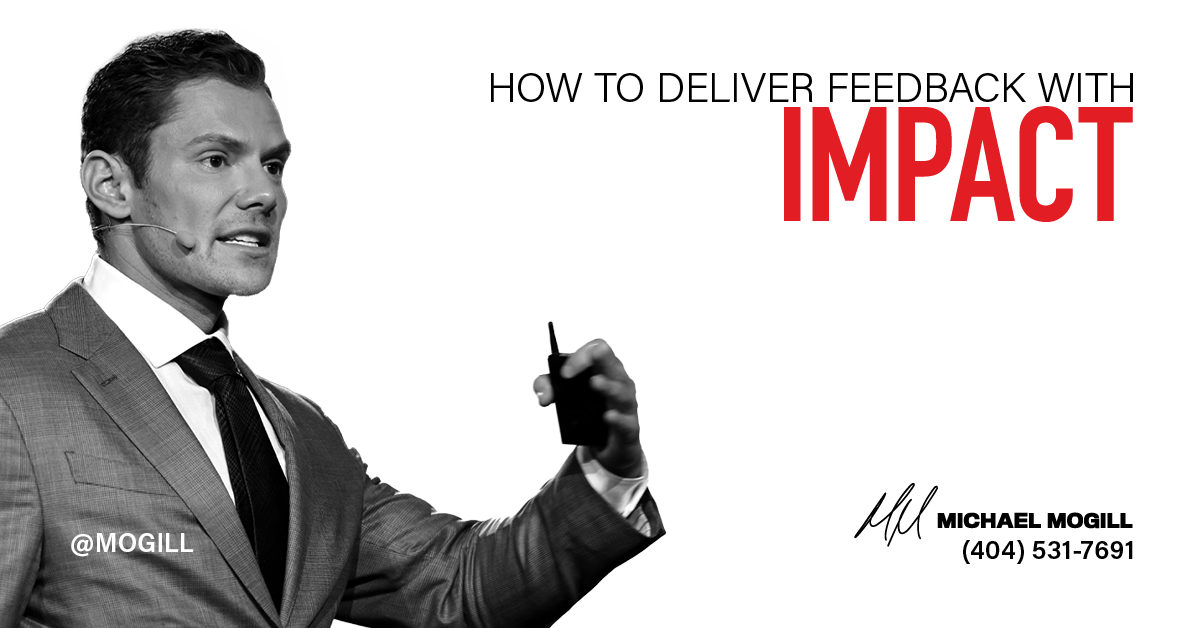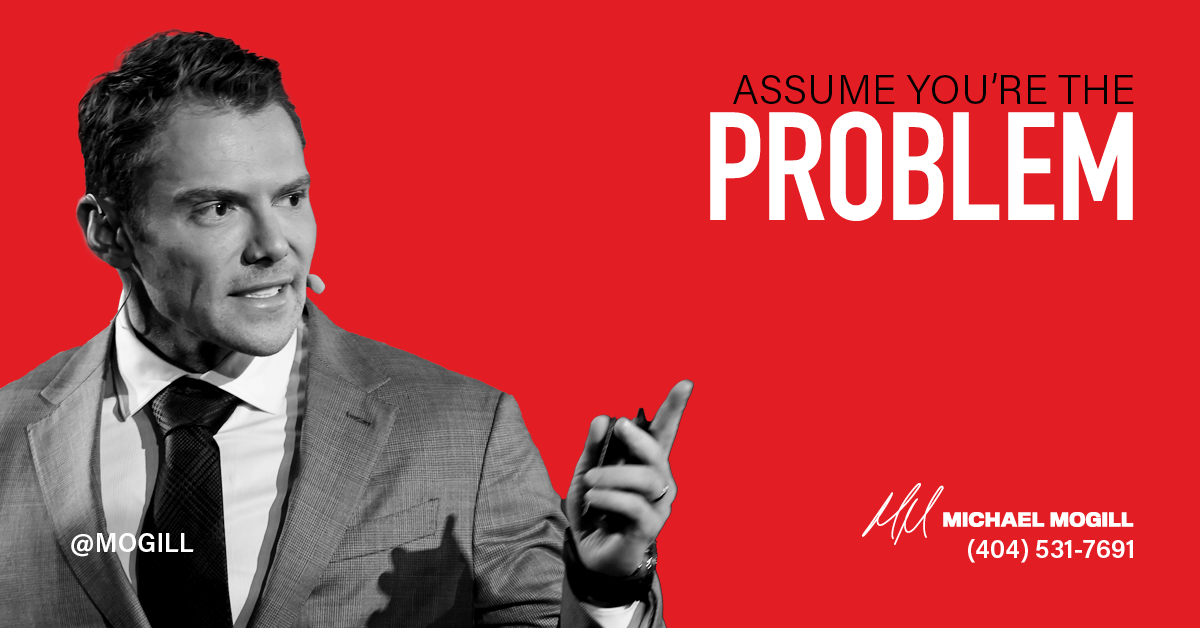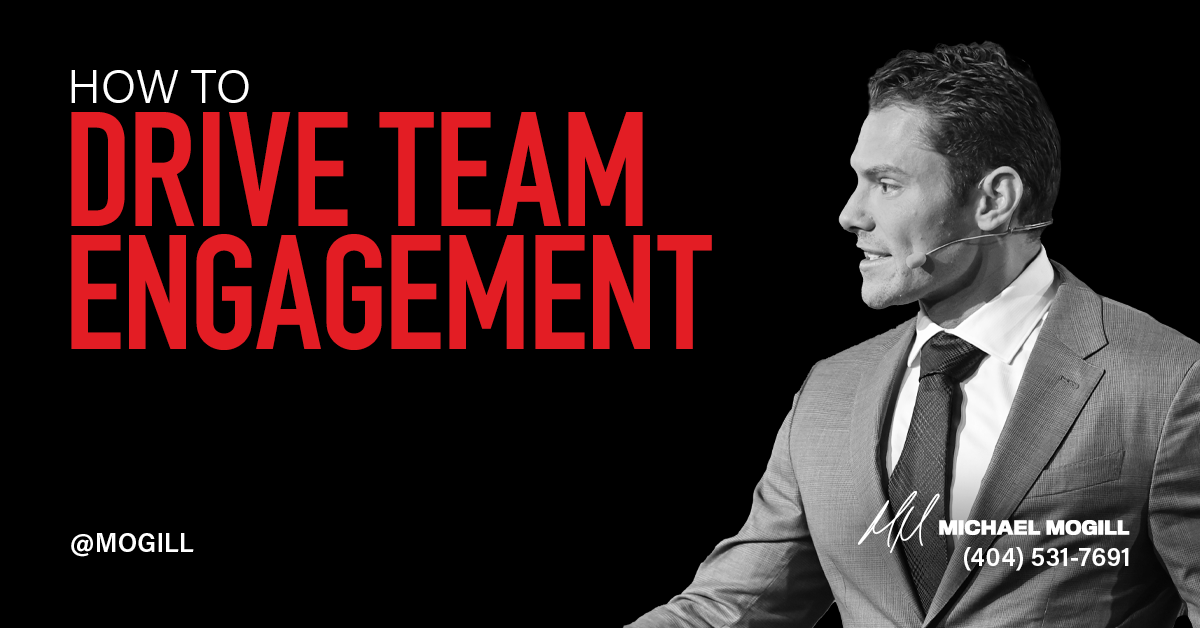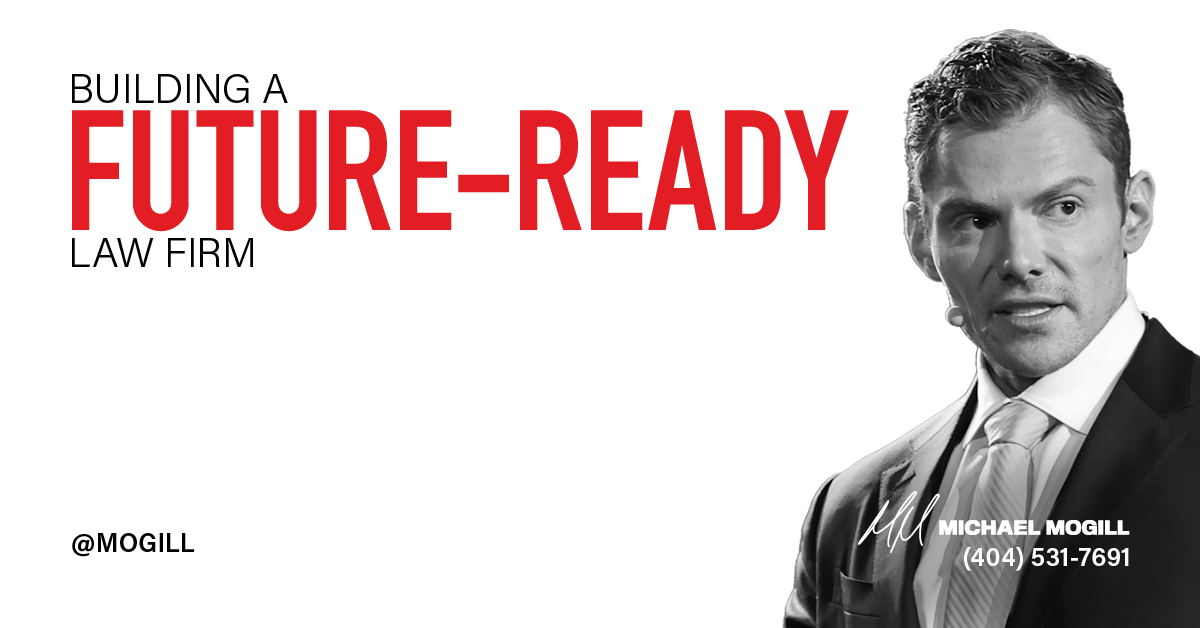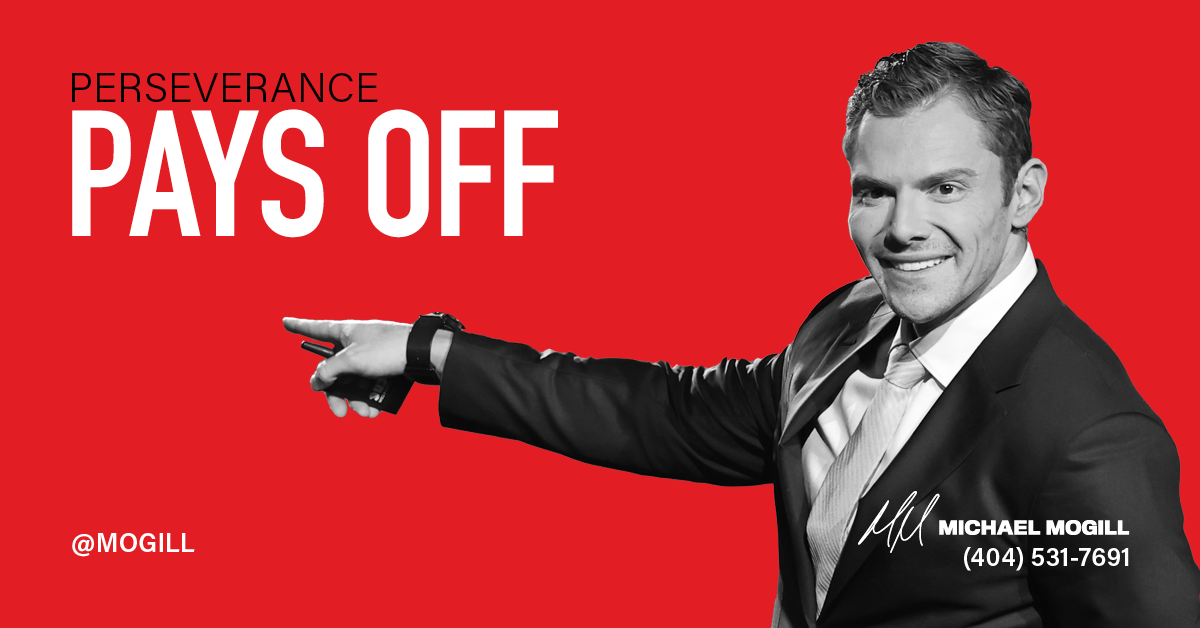Do your goals make you uncomfortable?
They should. In fact, transformational goals should make you very uncomfortable. In my experience, if a goal doesn’t make you uncomfortable, you’re more likely to give up on it.
Why? Because comfortable, easy-to-achieve goals are not exciting. We don’t look at them and see life-changing potential, so when life gets busy, we often cast them aside.
Uncomfortable goals scare us because we know we have to level up to achieve them. We can’t stay at our current level of capability, which means we have to grow, and growth is scary. It also means we have to do something we’ve never done before, which is intimidating. In other words, when we look at our uncomfortable goals, we see the challenges that come with them.
That’s why the goal has to be life-changing; why else would you put up with everything you’ll have to go through to achieve it?
Let’s say, for example, that you wanted to double your revenue after three years of growing 5-10% annually. To make that happen, you’ve got to level up your marketing, sales, customer service, leadership, and more. You’re going to have late nights and times when throwing in the towel seems like the only sane option.
Being uncomfortable will become your default state, but you’ll endure because the juice is worth the squeeze. You’ll enjoy a tremendous financial reward and also the benefits of having leveled up yourself and your business. That’s what’s great about leveling up: you don’t return to your previous state (unless you want to). Your capacity and capabilities have expanded.
I know this to be true because it’s exactly what happened with my company.
You’ll Have to Make Decisions that Scare You
I started Crisp Video seven years ago, and since then, we’ve grown by at least 200% every year. We tripled our business last year and have grown over 1400% the past three years. I say that not to brag, but to preface this next statement: my team is familiar with uncomfortable goals. At the end of every year, we set our goal for the following year, and to be honest, I feel uncertain every time about how we’re going to pull it off.
It’s one thing to grow by 10%. That just means you have to work a little harder, maybe improve some of your processes. Setting a goal to grow 200% means we have to innovate. Working harder is not enough.
When we set that goal each December, I know we’re going to have to expand the size of our team, revamp our infrastructure, put in new processes and technology, and crush it in sales and marketing at levels we’ve never done before. Essentially, every month will have to be the best month in the history of the company to hit our goal.
And we’ve done it for seven years running. Along the way, I’ve had to make uncomfortable decisions in pursuit of our uncomfortable goals, like hiring 15 people at once. I’d never hired that many people at one time. I had to invest three times as much into my marketing as I’d done in the past, which meant stroking a six-figure check every month. I worked every Saturday for a while, but I was willing to make that commitment because I knew that the results would be worth it.
Uncomfortable goals tend to foster a deep level of commitment. I’m talking about the “I’ll sleep under my desk to make this happen” type of commitment. That’s the level where outrageous success becomes possible. There’s nothing wrong with wanting to leave work at 5 pm and watch your favorite TV shows each night. But you can’t have that mindset if you’re trying to do something that pushes you way past your perceived limits. If you feel that way, take time to reexamine your goal and make sure it’s something you deeply care about.
If it doesn’t light you up inside, you’re not likely to stick with it once you hit a little friction. If it truly excites you, you’ll keep pushing because you can’t imagine a future where the end result of that goal is not your reality. You’re desperately seeking that transformative outcome.
Growing our business has radically changed lives: those of my team, our clients, and my own.
I had plenty of chances to quit when I first started the company; 21 in fact. It was until the 22nd pitch meeting that I got my first “yes.” My team could’ve waved the white flag several times the past seven years as we worked round the clock to close deals and create new offerings for our clients.
But we didn’t, and now we all get to enjoy the results that our hard work produced.
An Important Rule for Setting Goals
I don’t regret the choices I’ve made over the past seven years for two reasons: I was very clear on what I wanted and I was always honest with myself. That leads to an important point about uncomfortable goals that will rub some people the wrong way, but I have to say it:
Whatever you’re trying to achieve, do it for yourself. Don’t do it for someone else.
Anytime I hear someone say they’re pursuing a goal for their spouse, kids, parents, or whoever else, I want to tell them: stop fooling yourself. In all likelihood, the person you’re doing this for just wants more time with you. You’re chasing this goal because it’s what you want.
That’s not a bad thing! You just have to own it. I speak from experience here. Growing Crisp came with a lot of those late nights and weekend work days I mentioned earlier. I got guilted a lot from the people in my life who thought I’d worked enough, that I should be home at night to see my family, or that I shouldn’t be working on Thanksgiving. It was really tough, but I was able to stay focused because my endurance was fueled by an internal fire, not an external one.
Nowadays, my family and my wife’s family come stay with us for Thanksgiving. To get to this point, I made a lot of choices—I don’t use the word “sacrifice” in this context—that looked abnormal to other people, but reflected my commitment to our uncomfortable goals.
It also came from an honest place within myself. I know that if I’m not crushing my goals both personally and professionally, I’m going to be worse in other areas of my life (like parenting or my marriage) because I’m not happy and fulfilled. I’m like a shadow of my true self.
I don’t want to be that way! To avoid that state, I pour myself into pursuing my goals. It’s like putting on your oxygen mask before you help the person next to you. I need that part of my life to be healthy in order to be the best version of myself when I’m around other people.
That’s what I mean when I talk about being honest with yourself. If you’re wired like I am, don’t feel regret over chasing your goals. Don’t let people talk you into feeling guilty. Where that ends up is a life filled with regret down the road, when you look back at what you left unpursued.
Uncomfortable Goals Change Your Mindset
The first year I set an uncomfortable goal with my team, the general reaction was, “Michael has lost his mind. That’s impossible!”
After seven years of hitting our goals—sometimes coming down to the last week of the year—my team still reacts with a bit of terror when I announce our goal for the next year, but today they have the benefit of falling back on our track record.
That’s another huge benefit of uncomfortable goals: they have the power to change your mindset. My team’s reaction is a perfect demonstration of how this works.
The first year, their disbelief reflected a fixed mindset. They were closed off to the possibility that we could achieve such an audacious goal. Now their approach is, “We haven’t done this before, but that doesn’t mean it can’t be done.” To use Carol Dweck’s term, that’s a growth mindset. They know that the world around them is malleable and can be affected by their effort.
In addition, achieving our uncomfortable goals has shifted the mindset around goal-setting. We don’t aim for the small stuff anymore. It’s not transformative and doesn’t excite us. We only want goals that change lives, build momentum, and boost our confidence if we achieve them.
Even if we don’t achieve our goal, I want us to be better people because of the way we grew during the pursuit. Failure finds all of us at different times and in different ways. If you attach the value of a goal strictly to a positive outcome, you’re missing the point. Yes, the result is nice and you want to achieve it, but the growth you experience getting there is what really matters.
It’s that personal growth that will make it possible for you to handle setbacks on your way from being a $0 company to a $1 million company, then a $10 million company and beyond.
Each level of transformation helps create the person you need to be in order to achieve the things you want and need to achieve. That’s the real benefit of uncomfortable goals: the person of value that you become. With that, even if everything you achieved were stripped away, you’d be capable of doing it all over again.
The reason you’re not where you want to be today might be because you’re not capable of achieving that yet. If you had given me the level of responsibility I have today five years ago, that version of me would’ve screwed it all up. My capacity and capability hadn’t grown to that level yet.
I’m a much different person than I was five years ago, in large part because I pursued these uncomfortable goals. Achieving them buoyed my courage and confidence, but even if I had failed along the way, the internal expansion I’ve experienced would still be there.
After all we’ve been through the past seven years, I have no idea what we’re truly capable of… but I’m excited to find out.


